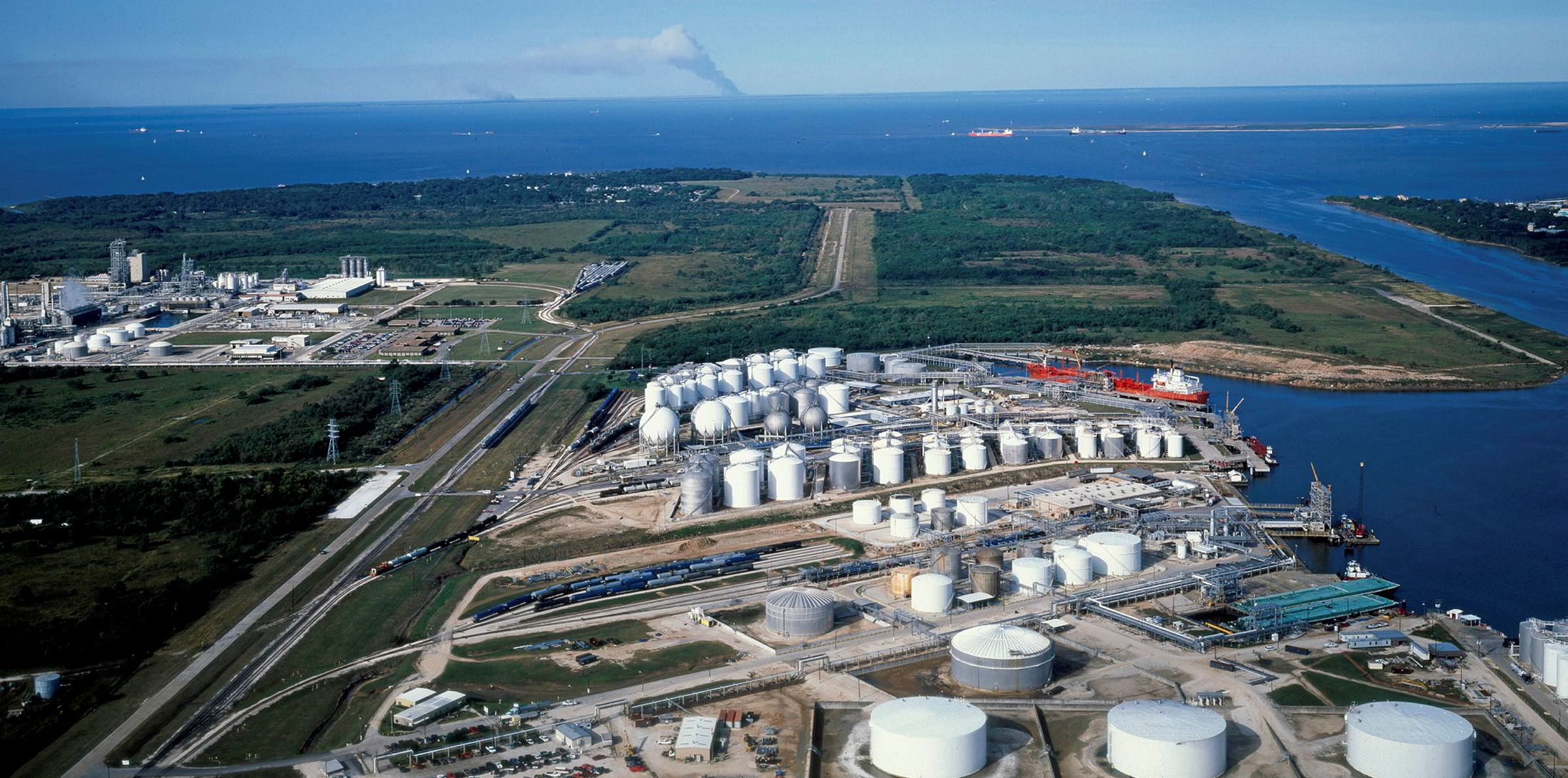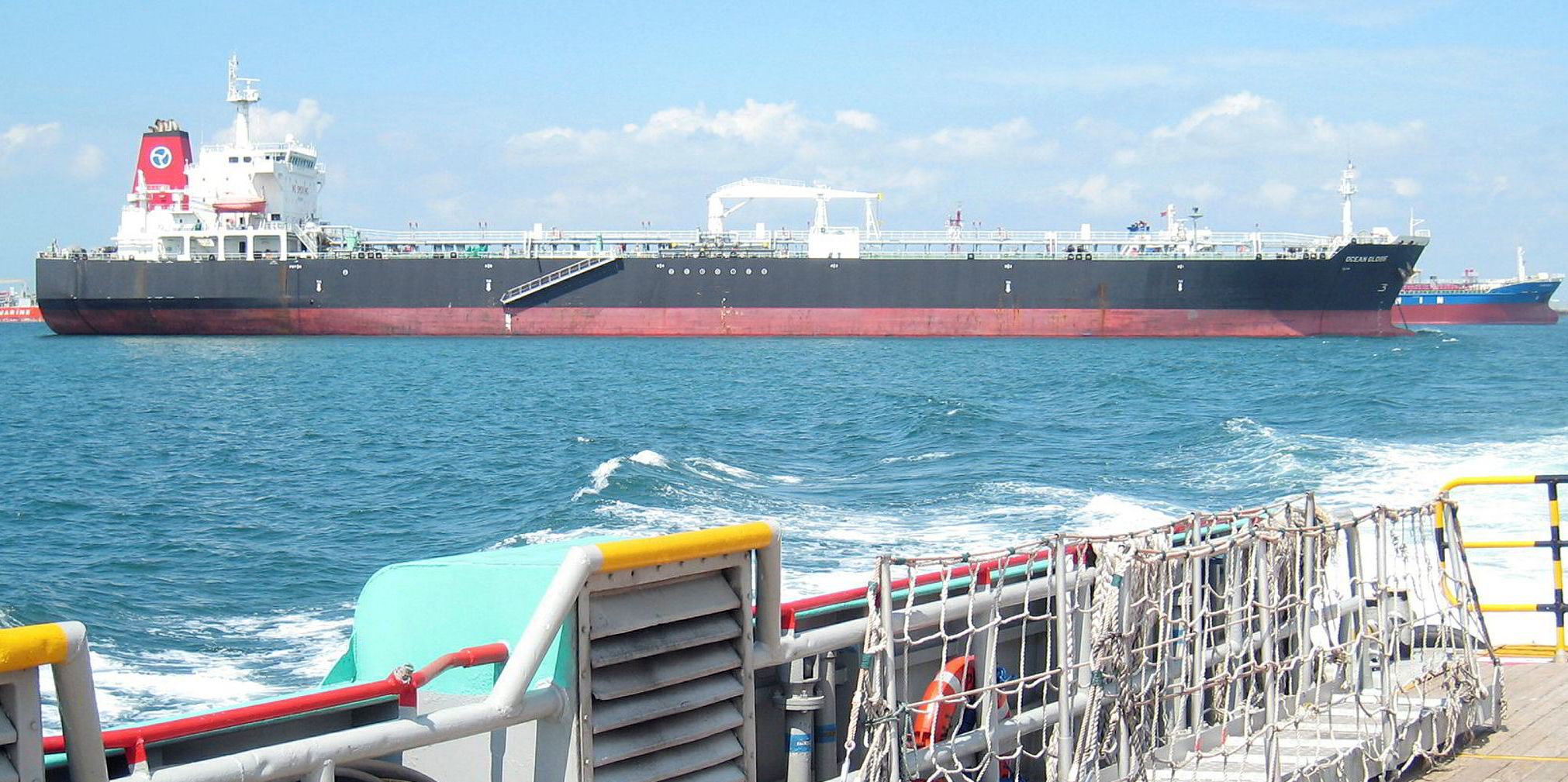Product tanker owners are riding ever higher on oil market woes, with vessel supply tightening across the globe.
Baltic Exchange data shows LR2, LR1 and MR earnings reached all-time highs earlier in the week as charterers fought for limited tonnage on the main trading routes.
Market players suggest the availability of vessels is dwindling due to port congestion, floating storage demand, unprecedented levels in the long haul naphtha trade and troubles at a major Singaporean operator.
Those extraordinary events can be largely attributed to plummeting consumption of petroleum products during the coronavirus pandemic, which, according to Rystad Energy’s estimates, will lead to a 10.3m barrel-per-day drop in oil demand in 2020.
With brimming onshore tanks, there have been reports of significant, even a record level of delays at discharge ports in north-west Europe, the Mediterranean and the Americas.
“The global fleet [is] operating less efficiently as port calls drag out on corona effects plus lack of ullage, thereby limiting tonnage availability,” Hafnia chief executive Mikael Skov told TradeWinds.
Oil majors and trading houses have also been leasing dozens of tankers for floating storage use, either for contango play or logistics reasons.
According to Kpler, 187 vessels were used to store 50.5m barrels of clean products as of 23 April, the largest amount ever recorded.
Torm estimates 7% of the global product tanker fleet is used for floating storage currently, compared with an average of 2% in 2019.
“Something has to be done with all these excess stocks of products, and they will end up in floating storage,” Banchero Costa’s research head Ralph Leszczynski said.
Leszczynski added that as oil prices have collapsed due to oversupply, “the dirt cheap prices of the actual cargoes today compensates for whatever you have to pay in vessel charter rates”.
Buoyant naphtha trade
While movements of most products have been slow, arbitrage flows of naphtha are increasing due to weak cargo prices in the West-of-Suez market and sustained imports of East Asian petrochemical plants.
“As demand in Europe and the US decreased due to Covid-19, we saw an increase in naphtha arbitrage movements towards Asia, which supported the market and consequently rates remained strong,” Torm spokesman Joakim Norholm Vasehus said.
Kpler data shows at least 988,000 tonnes of naphtha are being lifted from European and Mediterranean ports this month — mostly by LR vessels — for demand from East Asian countries.
In addition, 774,000 tonnes of naphtha are being lifted by MR ships in the US for the same destinations.
“Naphtha arbitrage for May arrival [in Asia] is about a million tonnes past prior record,” said a Singapore-based analyst, adding that arbitrage economics still work despite high freight due to extremely low prices in the West.
Despite downstream chemical demand being plagued by the pandemic, North Asian naphtha crackers are still operating at high rates due to positive production margins, Platts reported. Many of them have maintained utilisation rates at between 95% and 100% this month and are planning to maintain those rates for May.
Reduced tonnage supply
Moreover, a major tanker operator affiliated with troubled trader Hin Leong Trading has filed for court protection in Singapore.
After the recent oil price crash, Hin Leong was left with debts totalling $4.05bn, frozen credit lines and angry financiers.
The trader sold larger quantities of oil stored on Ocean Tankers’ vessels that were collaterals for bank loans, exposing the operator to misdelivered cargo claims as high as $600m.
Therefore, Ocean Tankers’ large product tanker fleet of 12 LR2s, five LR1s, 20 MRs, four handysizes and 26 small coastal vessels could be targeted by creditors.
“This fleet disruption is certainly part of the reason products tanker rates have soared to the current astronomical levels,” Jefferies analyst Randy Giveans said.
Many players agree product tanker earnings could stay at elevated levels until the oil market starts to rebalance — which is not expected to occur before oil demand recovers.
“There is no real historical playbook to rely on for guidance as to how long this environment can last, but it would appear that at some stage the world will have to go through a new destocking cycle, which typically means less activity and shorter voyages for tankers,” Skov said.







